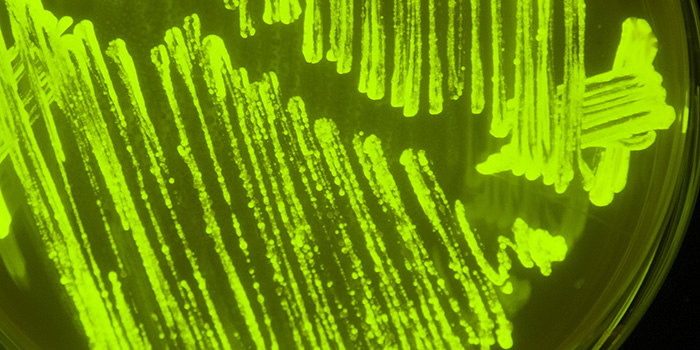Food Microbiology and Hygiene
The Research Group for Food Microbiology and Hygiene contributes to solving the challenges related to safety, productivity and the use of resources in our food supply system. We develop and apply methods to trace, type and quantify food- and waterborne microorganisms and infectious viruses. Interventions and processing steps are investigated to understand their effect and formulate predictive models for the ecology, growth, survival or inactivation of microorganisms in food systems for improved control strategies.

Approaches and methods
- Studies in food systems: The group investigates how interventions affect the behaviour of micro-organisms in food systems.
- Microbial ecology across production chains: Microbial ecology is examined in food production chains to explain the effects of processing steps and to uncover resistance to preservation and biocides.
- Models and decision support: Results are used to develop control strategies, mathematical models, and decision support tools for risk management and HACCP; the group works with predictive microbiology.
- Detection and identification: Foodborne bacteria, viruses, and parasites in foods and water are detected and identified.
- Analytical platforms: qPCR, chip-based digital PCR, and the Bruker Biotyper MALDI-TOF are used for the detection and identification of micro-organisms.
- Collaboration with industry and authorities: The research is translated into practical solutions in close collaboration with the food industry and authorities; the group provides scientific advice to the
- Danish Veterinary and Food Administration (DVFA), EFSA, and WHO/FAO JEMRA.
Collaborations and impact
Contact
Lisbeth Truelstrup Hansen Professor, Head of Research Group Phone: +45 35886278 Mobile: +45 20640677 litr@food.dtu.dk